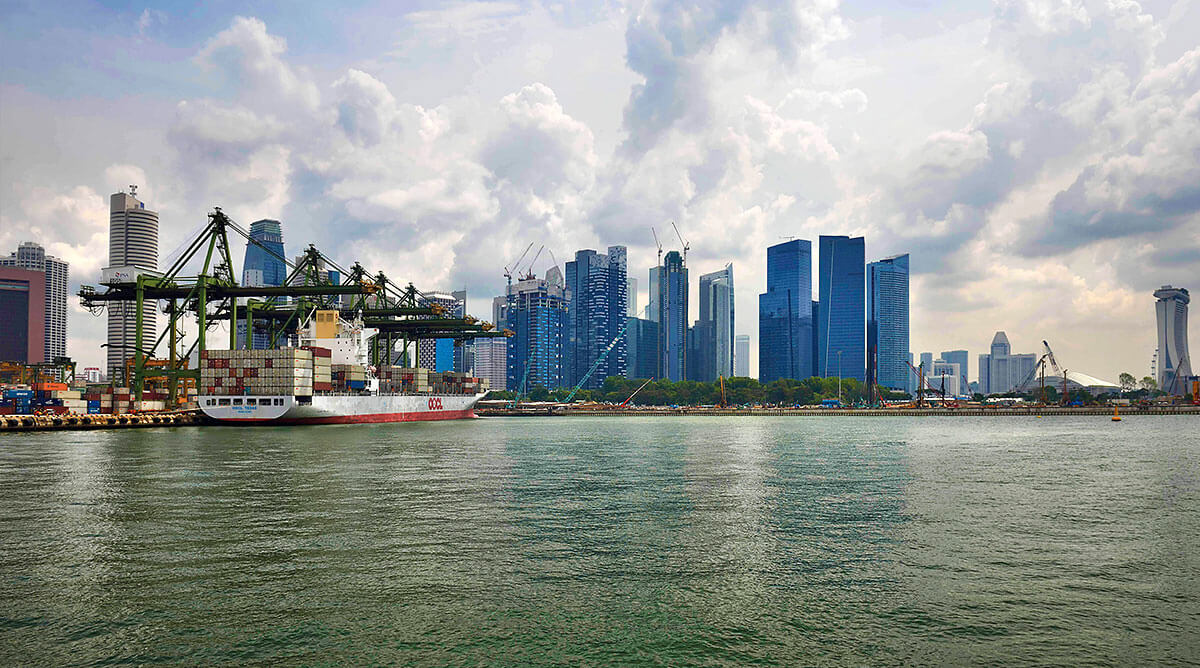SINGAPORE, March 21 (NNN-Bernama) — Singapore has become the second most expensive location in Asia for business travel this year with an average trip now costing US$515 per day, an increase of US$34 from a year before, according to ECA International. (US$1=RM4.47)
In its latest Daily Rates research, ECA International found that the most expensive location is Hong Kong while the third is Tokyo, followed by Shanghai, Seoul, Dhaka, Taipei, Beijing, Yokohama, and Hsinchu.
Across the border, the average daily cost for travellers to Kuala Lumpur is now US$218, placing it at 36th spot in Asia.
“Singapore overtook Tokyo in 2022 to become the second-most expensive city in Asia to visit for business,” ECA International regional director of Asia, Lee Quane, said in a statement.
He said business travel to the city picked up earlier than most other locations in the region with the government’s comprehensive lifting of travel restrictions.
“The resulting increase in demand contributed to rises in hotel accommodation costs, while costs associated with other daily essentials consumed by business travellers also increased at a faster rate than other locations in the region.
“Together, these propelled Singapore to second place in Asia and 19th worldwide,” said Quane.
Updated annually, ECA’s Daily Rates reports provide average costs for hotel accommodation, which makes up the bulk of any daily allowance, as well as meals, drinks, laundry, taxi costs, and daily essentials.
While daily costs of business travel to Singapore increased by 10 per cent in local currency terms, the research found that “this rate of growth was not as high as seen in some locations in the region.”
Climbing inflation rates in many locations have contributed to significant increases in business travel costs in local currency terms, with costs rising the most in countries such as Sri Lanka, Laos, and Pakistan, although the inverse was noted in some key cities like Beijing and Shanghai.
“Business travel expenses were over 75 per cent higher in local currency terms in Colombo in 2022 compared to the year before,” advised Quane.
“This primarily stemmed from high inflation and currency depreciation, since some costs associated with business travel such as hotel accommodation are typically incurred in US dollars by foreign business travellers here.
“However, at the other end of scale, the fall in costs for business travellers in China has been largely due to falling hotel costs associated with the drop in demand for business travel last year,” he said.
Despite this, Quane said, Shanghai has risen to become the fourth most expensive business travel destination in Asia.
Elsewhere, popular tourist destinations in Asean saw relatively little change in travel expenses in 2022, with business travel costs rising only slightly over the last year in local currency terms.
“Cities like Pattaya and Chiang Mai, alongside Denpasar, all witnessed small rates of growth in local currency terms in 2022, ranging between 1.0 per cent and 3.0 per cent,” said Quane.
He noted that hotel rates have been suppressed by low demand in comparison to pre-COVID-19 pandemic levels.
“Even a tourist hub like Bangkok, which typically receives many business travellers, only saw a moderate 4.0 per cent increase in business travel costs, leaving it well outside the top 100 most expensive business travel destinations last year,” said Quane.
Elsewhere, daily costs in Asean locations remain stable due to slow post-pandemic recovery, with no other city breaking into the global top 100.
Cities across Europe and America dominate the global top 20 rankings, with New York maintaining its position as the most expensive location in the world for business travel, with the average daily cost of a business trip now standing at US$796.
ECA International is a leading provider of knowledge, information, and software for the management and assignment of employees around the world.
— NNN-BERNAMA






